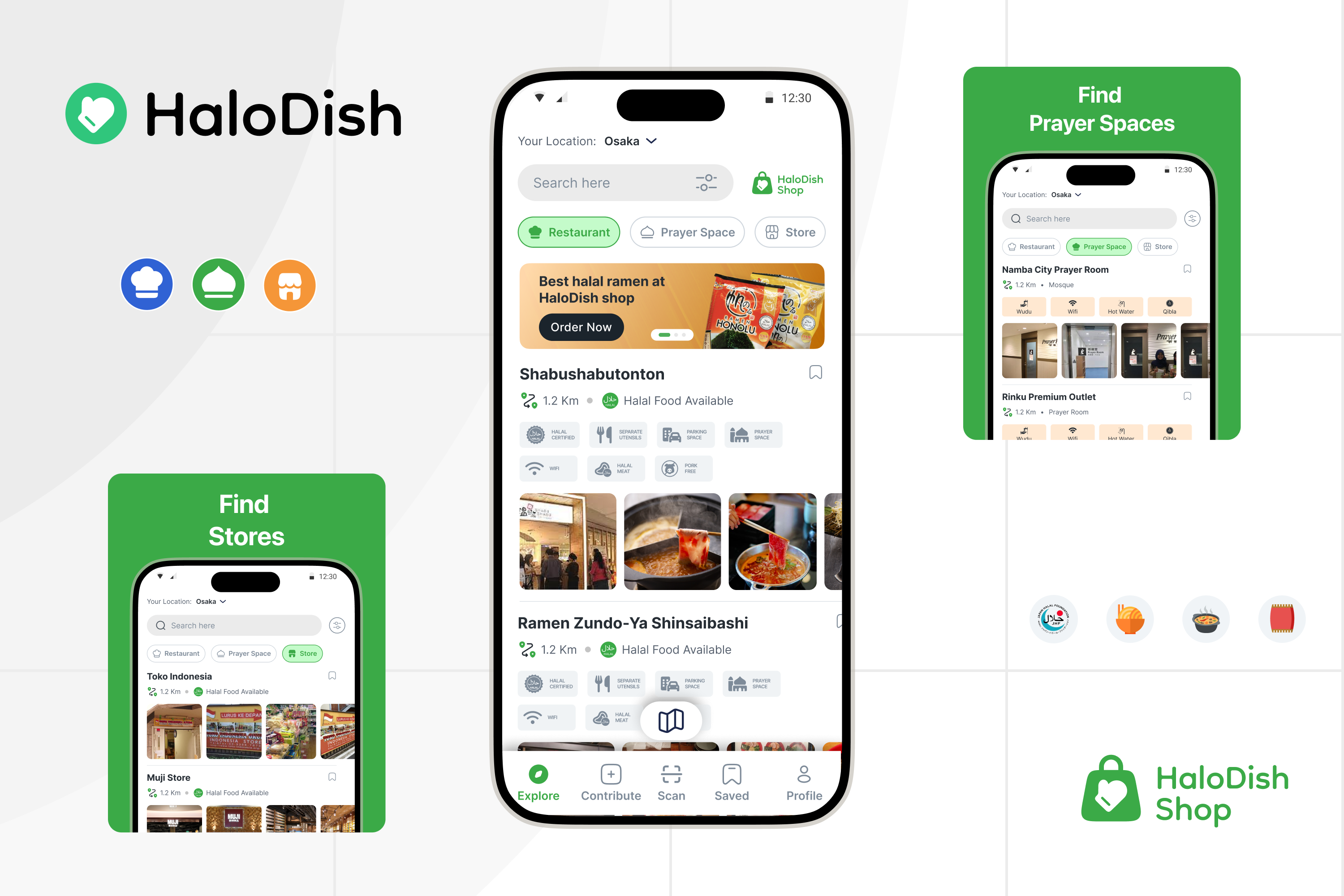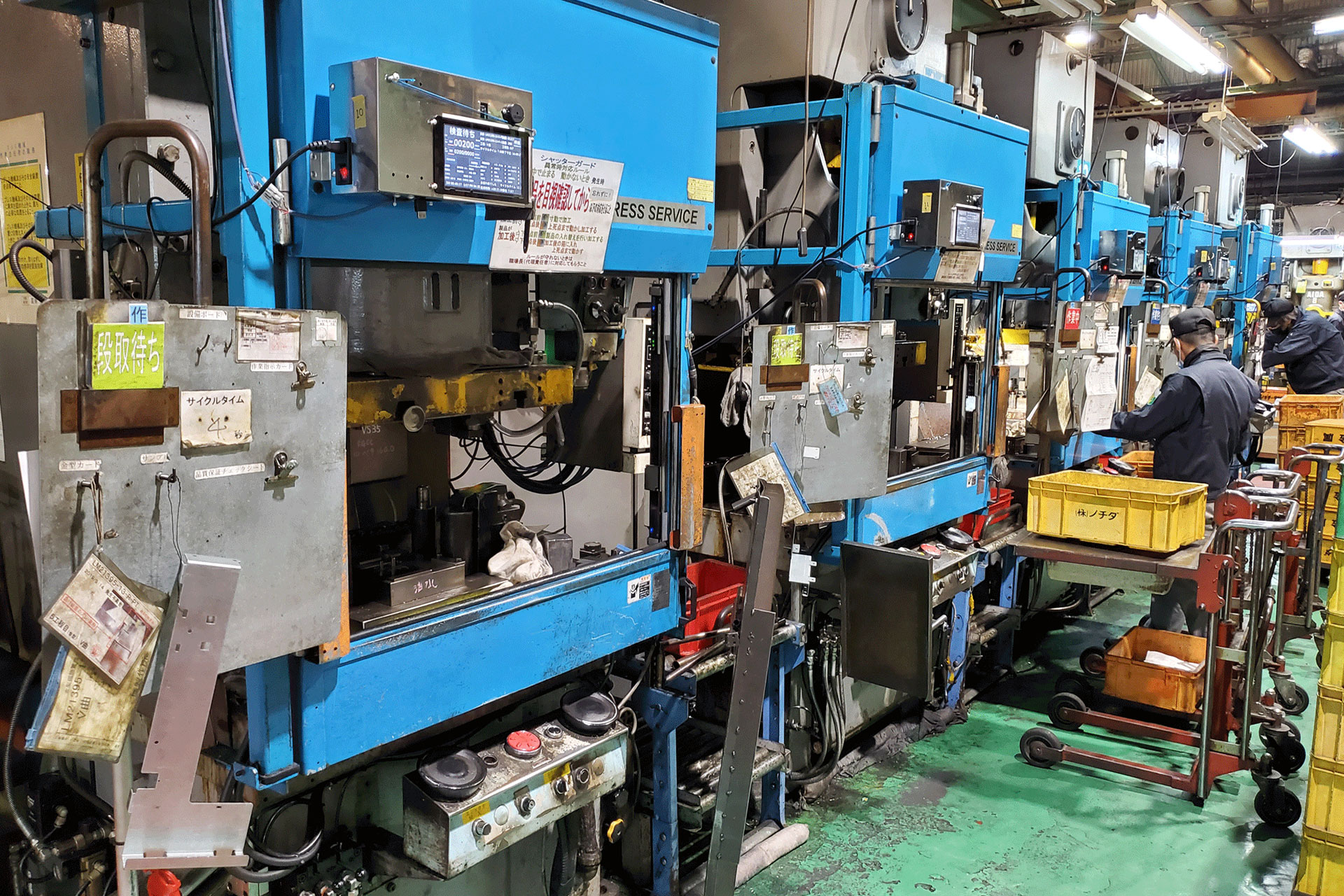
Construction and Operation Support of LMS (Learning Management System) at Kobe University
Construction and Operation Support of LMS (Learning Management System) at Kobe University
Purpose of Introducing Learning Management System
- To build an LMS that maintains the functions necessary to implement educational programs
- To operate educational programs on LMS
Our Areas of Responsibility
- Development of an LMS with customized OSS (Open Source Software), Moodle
- Operational support for educational programs on LMS
- Providing support for creating e-learning content
The Voice of the Person in Charge of Kobe University

Kobe University Professor / Deputy Center for Mathematical and Data Sciences(hereinafter called “CMDS”) Director/Research Department Director
Background of Introducing LMS, Moodle
CMDS launched the “Next Generation Digital Transformation(DX) Leader Development Program to Accelerate Society 5.0 and Regional Revitalization” in FY2022. This is a program that promotes reskilling to encourage career advancement for learners, and has been selected as part of the MEXT(Ministry of Education, Culture, Sports, Science and Technology)’s “Recurrent Education Promotion Project to Support Employment and Career Changes Centered on Growth Fields such as DX”.
When offering recurrent education, we will mainly accept working adults as students and provide a university-level education. Basically, they are not students enrolled with the university, so they cannot be assigned a student number or use the university’s Learning Management System (LMS). In order to manage the progress and grades of students and to carry out business procedures smoothly, it was essential to introduce an LMS dedicated to recurrent education at the CMDS.
We selected Moodle from the many LMS candidates as it demonstrated the most appealing performance history. Another reason we decided on Moodle is because it was an LMS already implemented within the university. Further, Python units taught at the CMDS have programming assignments that need to be automatically graded. Having the functionality to make this possible was also a deciding factor in introducing Moodle.
When building a new system in a department, procedures must be carried out while adhering to university regulations. Due to high security requirements, things did not go well with some companies. eftax was very flexible and quick in handling such matters, which was really helpful.
Experience after Implementing LMS and Moodle
The economies of scale become more apparent when there is a larger user base and further demonstrates the effectiveness of this LMS. For example, last year’s DX Basic Course had a total of several hundred participants. I look back and realize that we couldn’t have done everything from grading to academic affairs procedures without an LMS.
For some courses, we have automated the process of taking courses, grading, and obtaining a certificate of completion. Students can start and complete assignments whenever they like, and if they pass, they will be automatically issued a certificate of completion. We believe that the fact that this series of steps can be carried out smoothly without the need for human intervention will be an advantage for those taking the course.
Additionally, due to the nature of recurrent education, there are many cases where students take the course through the company they are employed by. In this respect, corporate personnel are very happy to be able to record and track each student’s activities on the LMS. In cases where students agree to have their learning progress shared with their companies, there are many inquiries from company representatives regarding progress and evaluations. Managing these things manually would be a real hassle, so I feel that this is an essential feature.
We plan to continue to automate administrative procedures as much as possible and create an environment where teachers can focus on creative work that only teachers can do, such as devising teaching materials and tests. We believe that by doing so, we will be able to offer more attractive courses that will appeal to more students.
In that respect, I think Moodle LMS was a good option as it has a worldwide market share, a wide range of plugins, and allows you to view the source code.
Tips for Successful LMS and Moodle Implementation
Now that the introduction of an LMS is essential, I believe we must choose an LMS that can be adapted to the education and curriculum that each university wants to pursue. Moodle is an OSS, has a thriving community, and a lot of information available. Curriculums are subject to change, so I think it is important to choose a system that has the leeway to keep up with those changes and demands.
Another thing that I feel is important is faculty development for class and administrative staff. The need to use a system with which they are familiar exists not only among students, but among both instructors and students. Making drastic changes creates barriers, so it is important for the existing systems to be able to accommodate various users’ needs with ease. While Moodle has excellent scalability, we have discovered through its operation that there are some issues that are difficult to deal with, so we plan to make improvements in the future. I think the key to success is to quickly identify any improvements that need to be made according to the curriculum requirements, and then request assistance from a company like eftax that has the skills to do so.
Opinions and Impressions Regarding Our Services
Building an LMS requires high technical skills. High-level security requirements must also be met.
Another issue is delivery time. University processes tend to be time consuming and the span from construction to operation is very short. eftax was very flexible in responding to such unreasonable requests, which was really helpful.
Furthermore, you can’t just build an LMS and be done with it; you have to use it to teach classes. The maintenance and operation of the system includes the creation of educational materials, which puts a heavy burden on the system, especially at startup. eftax not only helps us with system maintenance, but also with operational aspects such as Moodle LMS management and the creation of e-learning materials. eftax has excellent technical capabilities and is very responsive, meets deadlines and moves things forward quickly, which has been a huge help to us. That’s my honest opinion.
Your Thoughts on Recurrent Education Amidst Japan’s Focus on the Adult Education Strategy
A government-backed national promotion has begun in the areas of “DX” and “Data Science”, which are easy to understand as new skills. We at Kobe University are also working as pioneers in this large-scale project.
In this era of rapid change, I hear voices expressing a sense of crisis in various fields. “What will I do after retirement?”, “What kind of future do I have in mind?”, “Is this the right path for me?”. I was once asked by an organization with whom I was conducting joint research, “Do you have any good suggestions??” and I introduced them to the recurrent education provided by Moodle LMS. He said, “I didn’t know something like this existed! I’ve been looking for a lot of things, but it costs 200,000 or 300,000 yen!” So I told him, “You can take this course for 20,000 yen” (laugh). In order to thrive in times of change, I think the demand for self-improvement will increase.
On the other hand, the number of children is decreasing. I believe that the time has come for us to move beyond the traditional approach of simply accepting and sending out university students. It is imperative to consider new ways in which we can provide education that takes advantage of the unique characteristics that universities have to offer as educational institutions. It will become the default to expand the scope of education for working adults who have graduated from departments in fields completely different from mathematics and data science.
Another important thing is differentiation. There are many cram schools and online courses available nowadays. Rather than seeking profits, the university would like to provide content that is sustainable and unique to the university. We need to offer something that makes people think, “I’m glad I took the course”, or “It was interesting”. I think that’s what makes it worthwhile.
Recurrent education is spreading not only to the CMDS but also to the entirety of Kobe University, transcending the boundaries of faculties and departments. The know-how of the LMS that we have built and operated will serve as a reference for the entire university, and may be used in future recurrent education initiatives.
From the Person in Charge of the Project

This LMS development and operational support for Kobe University was an extremely valuable project for us as a company promoting DX in the Kansai area(south-western Japan). I would also like to express my gratitude to Professor Nakamura, the teachers at the Kobe University CMDS, and the administrative staff for their support.
With the experience and know-how we have cultivated through this project, we hope to be of help to more universities and educational institutions that may have any problems with LMS development or operation. Should the opportunity arise, we will gladly work with you to solve them

Construction and Operation Support of LMS (Learning Management System) at Kobe University

Cross-border app development: a roundtable discussion about collaboration, planning and development of halal locator app, HaloDish
